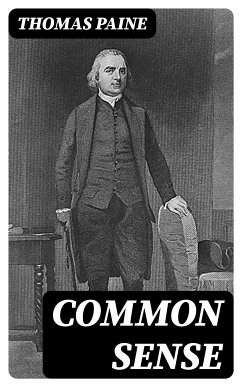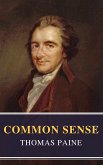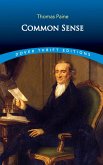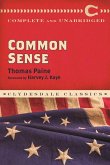In "Common Sense," published in 1776, Thomas Paine delivers a fervent and impassioned argument advocating for American independence from British rule. Written in accessible language, the pamphlet employs persuasive rhetoric that resonates with the common citizen, stripping away the complex legal jargon of the time. Paine deftly intertwines philosophy and politics, critiquing monarchy and hereditary succession while championing the principles of democracy and self-governance. By situating his work within the context of Enlightenment thought, he inspires a nascent revolutionary spirit among readers, elucidating the moral imperative for independence in the face of tyranny. Paine, a political theorist and revolutionary, was born in England but found his purpose in America, perhaps motivated by his experiences with oppression and his conviction for human rights. His writings reflect a grassroots understanding of societal structures, as he eloquently articulates the struggles of the common man against the elitist power of monarchy. His unique position as an outsider informed his critical insights, making "Common Sense" not only a call to action but also a defining manifesto for American political thought. This seminal work remains a crucial read for anyone interested in the foundations of democracy and the revolutionary ideals that shaped the United States. Paine's clear, direct style makes complex ideas accessible, captivating a broad audience. "Common Sense" is essential for understanding both the historical context of the American Revolution and the enduring principles of freedom and equality.
Dieser Download kann aus rechtlichen Gründen nur mit Rechnungsadresse in A, B, BG, CY, CZ, D, DK, EW, E, FIN, F, GR, H, IRL, I, LT, L, LR, M, NL, PL, P, R, S, SLO, SK ausgeliefert werden.









